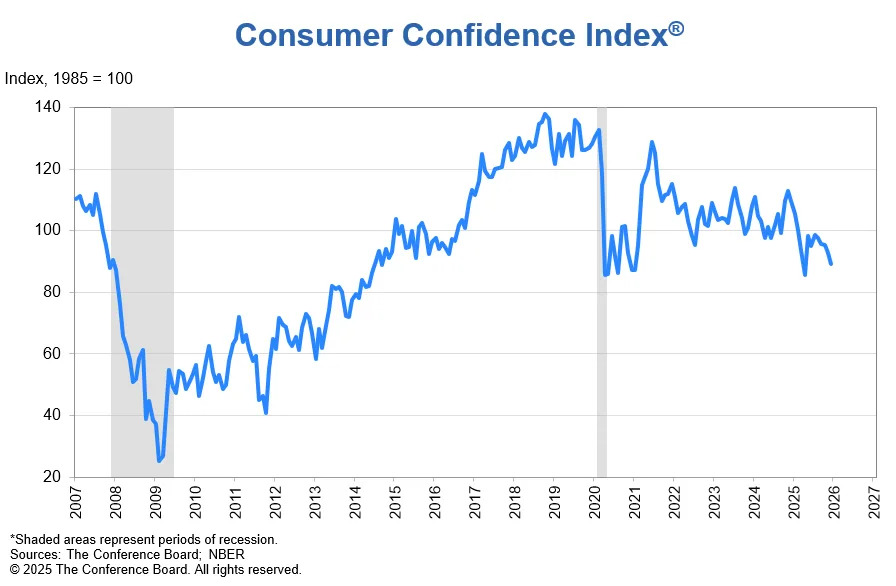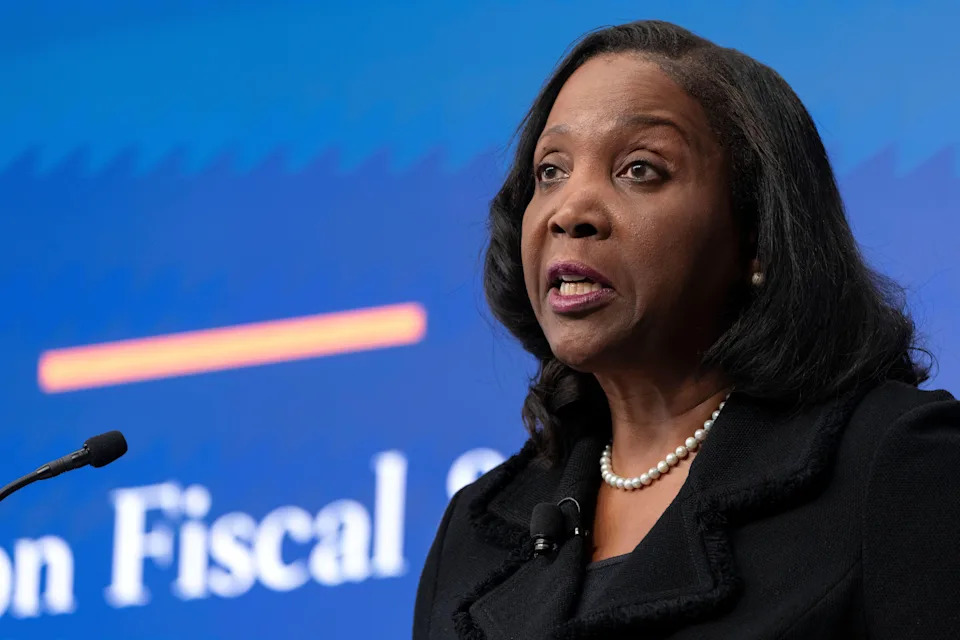
South Korea crypto industry to win no matter snap election outcome
Key Points
- Both leading presidential candidates in South Korea, Lee Jae-myung and Kim Moon-soo, have pledged pro-crypto policies, including legalizing spot crypto ETFs and easing regulations.
- Lee Jae-myung proposes a won-backed stablecoin to prevent capital outflows and aims to allow the national pension fund to invest in cryptocurrency.
- South Korea's high retail crypto participation, with over 16 million users, underscores the urgency for clear regulations, especially after stricter rules were imposed in July 2024.
- Bipartisan support for crypto-friendly policies suggests a win for the crypto industry regardless of the snap election outcome on June 3.
Summary
South Korea’s crypto industry is poised for gains in the upcoming snap presidential election on June 3, as both leading candidates, Lee Jae-myung of the Democratic Party and Kim Moon-soo of the People Power Party, have embraced pro-crypto platforms. Following the impeachment of former president Yoon Suk-yeol, the election has spotlighted cryptocurrency policies, with both candidates promising to legalize spot crypto ETFs and relax stringent regulations. Lee, currently ahead in polls, advocates for a won-backed stablecoin to curb capital outflows and proposes allowing the national pension fund to invest in crypto. Kim echoes support for ETFs and broader crypto adoption. South Korea, with over 16 million crypto users and trading volumes often surpassing major stock indexes, faces urgent calls for clear regulations after stricter rules were enacted in July 2024. Industry leaders, like Simon Seojoon Kim of Hashed Ventures, see the bipartisan stance as a guaranteed win for crypto investors. Additionally, recent moves by the Financial Services Commission and the Democratic Party’s Digital Asset Committee highlight the nation’s push to modernize its financial system and foster crypto growth, positioning South Korea as a global leader in digital asset adoption.
cointelegraph
June 2, 2025
Crypto


